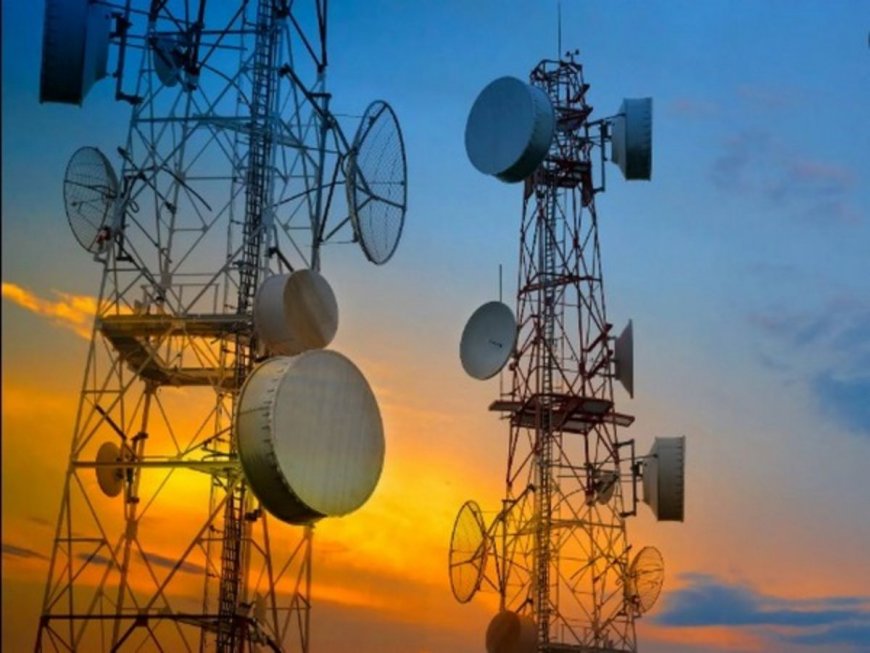Telecommunications Act 2023 To Be Effective From June 26, Govt Can Take Control Of All Telecom Networks Under THESE Conditions
Certain sections of the Telecommunications Act 2023 have been notified by the Centre on June 21 and are expected to be effective from June 26, 2024. According to the act, the government will be able to take control of all telecom networks under selective conditions including security and public order.

New Delhi: It has been a few weeks since the BJP-led NDA government under the Prime Ministership of Narendra Modi has come to power and in the last few weeks, the government as actively begun work during their third term. Apart from the Law concerning the Paper Leak, the Centre has also notified the Telecommunications Act 2023 partially, i.e. only a few sections. According to Section 20 of the act, the central or state government will be able to suspend telecommunications temporarily for multiple reasons. What provisions of the act have been notified by the Centre and what do these provisions imply, read to know…
Telecommunications Act 2023 Notified Partially By Centre
As mentioned earlier, the central government will be able to take control of any telecommunications services or networks in times of emergency after the implementation of the Telecommunications Act 2023, which will be effective on June 26. The Centre, though partially, notified the Telecommunications Act on Friday to be effective from June 26, and provisions including sections 1, 2, 10, and 30 will be in place. “The Central government hereby appoints the 26th day of June 2024, as the date on which the provisions of sections 1, 2, 10 to 30, 42 to 44, 46, 47, 50 to 58, 61 and 62 of the said Act shall come into force,” the Gazette notification said.
Govt May Take Control Of Telecom Services On THESE Grounds
According to the notification, the government may take control of the telecom services on the grounds of security, public order, or prevention of offences. Section 20, which will be effective on June 26 states, “On the occurrence of any public emergency, including disaster management, or in the interest of public safety, the Central Government or a State Government or any officer specially authorised in this behalf by the Central Government or a State Government can take temporary possession of any telecommunication service or telecommunication network from an authorised entity; or provide for appropriate mechanisms to ensure that messages of a user or group of users authorised for response and recovery during a public emergency are routed on priority.”
As per the act, any telecom player who wants to establish or operate telecommunication networks, provide services or possess ratio equipment will have to be authorised by the government. After the rules of the Act comes into effect, the Universal Service Obligation Fund will become Digital Bharat Nidhi, which can be used for funding research and development, and pilot projects instead of just supporting the establishment of telecom services in rural areas. However, some other sections of the act such as the administrative allocation of spectrum, including for the satellite services, and adjudication mechanism etc will be notified later.
The act, after it comes into effect, will supersede the existing rules within the telecommunications sector, which come under the Indian Telegraph Act, 1885, and the Wireless Telegraphy Act (1933), among others.
(Inputs from ANI)
What's Your Reaction?



























































